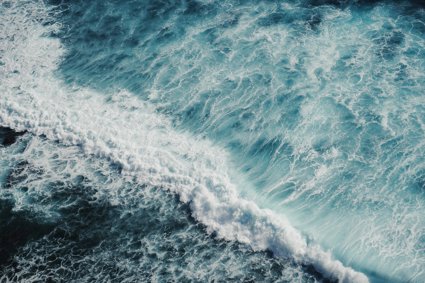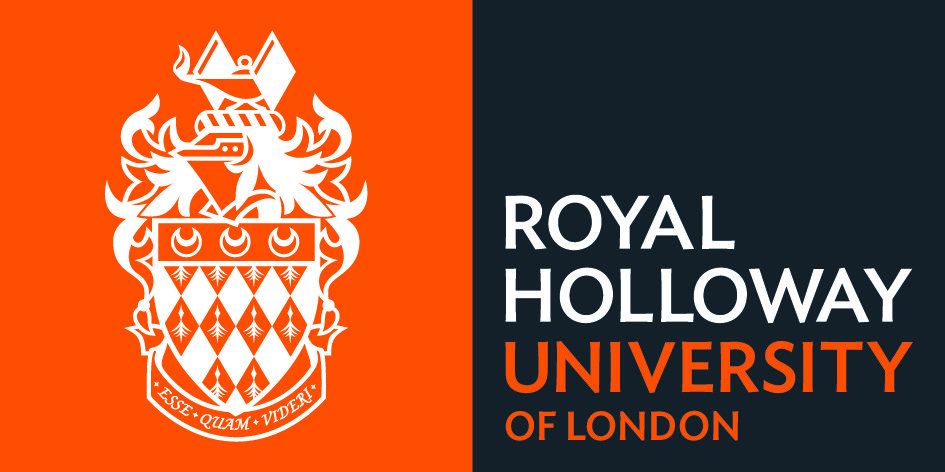
Lesson 2 - Its all part of the system
This lesson looks at the role oceans play in the water cycle, food webs and food chains. It helps pupils think about how much people rely on and are connected to the oceans.
Learning goals
1. Understand the role oceans play in the water cycle.
2. To explore key ocean food chains and webs.
3. Identify how oceans are part of people and society.
4. Predict potential futures for oceans.
Learning outcomes
Greater Depth:
Pupils will confidently be able to understand how the water cycle works and how oceans are a major part of it. They will be able to make detailed connections in a food web. They will be able to sequence potential events logically with coherence. They will accurately use high level geographical terminology.
Expected Level:
Pupils will show developed understanding of the water cycle and recognise how important oceans are to it. They will be able to construct a food web with accuracy. They can think of logical sequences. They can use some high-level geographical terminology with accuracy.
Working Towards:
Pupils will be able to show how the water cycle works. They will identify that oceans are important. They will be confident in creating a food chain with some development into a food web. They will, with some support think of logical sequences to problems. They will be able to use some geographical terminology.
Support:
Pupils will be able to identify the parts of the water cycle. They will be able to create a food chain of a Polar marine environment. They will, with support be able to use some geographical terminology.
Suggested learning activities
Starter
Pupils play a game of High 5! where they swap facts in forms of questions (the answers being the facts). If their partner gets the fact right, they receive a High 5! If not, they will tell them the answer and move on. Question pupils at the end of the session on a new fact they learnt.
Main 1
Pupils add on where they would find each of the key terms onto their water cycle worksheet. They then use the facts from the PPT to add more information about the processes specifically to oceans. Finally, through any medium they wish (diagram, sentence picture etc) explain the role they think oceans play in the water cycle and how this makes us connected to the oceans.
Main 2
If the class hasn’t learnt about food webs / chains then the food chain/web video (website vetted and provided) would be useful. Even if they have, it can also serve as a refresher if needed.
Split the class into small groups / pairs. Each has a laptop / iPad (teacher to make sure devices have the relevant security settings on as provided by their own IT support team).
Provide an electronic copy of the food web / chain worksheet. This can be differentiated by adding / removing information and structure. i.e., only a food chain or having the introduction as a gap fill. The sheet provided has everything included. NOTE: Polar website is more accessible whereas the temperate is more challenging. Reflection task on how this makes them connected to the ocean.
Pupils then work in pairs to add in examples of plants/animals at the different levels of the food chain from the different ocean environments. They can either do all three or split the class into thirds to look at one location each.
Teacher presentation about oceans and people. Class discussion on what they can identify comes from the sea. They can also discuss how this makes us connected to the ocean.
Plenary
Each pair / small group of pupils are given a different what happens if scenario about an impact on the food web. They should work together to think and then discuss with the class what they think will happen as a result.
File nameFiles
File type
Size
Download
